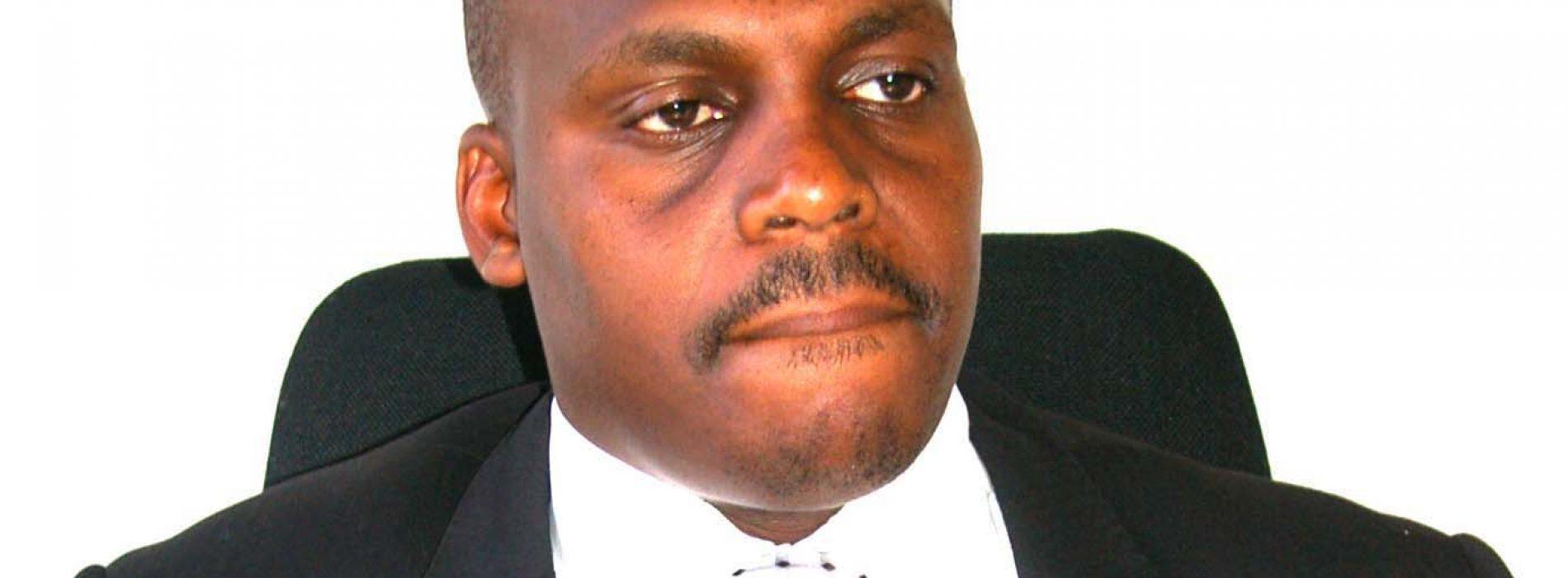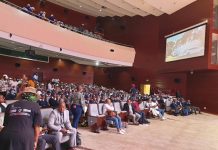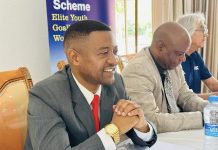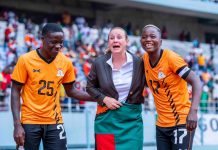Africa-Press – Lesotho. BASOTHO medical specialists converged at Mafeteng Hospital on Saturday to discuss ways to save Lesotho’s ailing health system. Most were doctors working in South Africa.
They included Oncologists, Pharmacists, Caricaturists, paediatricians and physicians. Deputy Minister of Health ’Manthabiseng Phohleli told the experts that Lesotho’s health sector was in a critical state.
The minister said the country relies heavily on experts from South Africa. The problem, she said, is that Basotho don’t get first preference in South Africa’s public hospitals because they have to take care of their own first.
Phohleli said the meeting with the doctors was the government’s way of trying to find solutions to the crisis in the health sector. She said the ministry decided to focus on Mafeteng Hospital, which will cater for the people in the south, and Motebang Hospital which caters for the north.
The Deputy Minister said preparations are under-way to buy equipment that will be used by the doctors. Doctor Duma Tšeliso Khutšoane, who was part of the entourage, said they are committed to help solve the health crisis in Lesotho.
“But I suggest we should pilot with just one hospital and we would move to the next when we have learned of the challenges from the previous hospital,” Dr Khutšoane said.
He appealed to the ministry to identify some young doctors who could assist specialised doctors so that they could hold the fort when they are not around.
The principal secretary in the Ministry of Health ’Mole Kumalo said the meeting with the doctors was the beginning of a new collaboration. “It is better to start with a meeting between you and local doctors before the job starts,” he said.
He pleaded with the doctors to provide their necessary documentation so that it is taken to the relevant ministries. We will then register you as doctors in this country as you have to be, Kumalo said.
The meeting happened barely a year after the now fired health minister Nyapane Kaya appealed to Basotho medical students to return home after their studies.
Kaya was speaking at a meeting with the Lesotho Medical Students Association (LEMSA) in Maseru, where he bemoaned the brain drain that has for the last two decades left Lesotho in dire shortage of doctors.
“We have a serious shortage of general practitioners as well as specialised medical practitioners because there are only 25 percent of Basotho doctors in government-owned health centres,” Kaya said.
He said Basotho’s lives are at stake because of the shortage of doctors. “They offer essential and critical services to patients,” he said. Kaya said the doctors are “special in the health departments and they also assist with the training and mentorship of the other health practitioners”.
“I appeal to students that regardless of the low income earned in this country compared to other countries, they should return home to rescue their nation,” Kaya said.
He said they should bear in mind that they acquired their education from the nation’s taxes. In 2016 the then Health Minister ’Molotsi Monyamane, himself a medical doctor, said he was planning to engage Basotho doctors in the Diaspora.
In the absence of doctors, nurses are the ones battling the multiple diseases in the country but with no capacity and skills to treat more serious illnesses.
In March last year, All Africa showed that nurses are literally in the forefront in rolling back diseases in Lesotho. It showed that there were 4 800 nurses for 333 000 people living with HIV and they had to make sure that they got services they needed.
This translated to providing antiretroviral treatment to just over half of Lesotho’s HIV-infected adults, according to Lesotho’s 2014 health and demographic survey.
It’s a daunting task, especially when considering how hard hit Lesotho is by HIV and tuberculosis. Lesotho is the country with the second-highest HIV infection rate in the world.
Data published by UNAids in 2017 reveal that one out of four adults have contracted the virus. Despite the country’s extensive health problems, it does not have a medical school.
All its doctors have been trained elsewhere but only a few return home after training. It also showed that for every one physician in Lesotho, there are about 20 nurses, a 2010 assessment by the organisation Health Systems has shown.
As a result, nurse-midwives single-handedly manage Lesotho’s primary healthcare clinics, particularly in rural areas, where about three-quarters of Basotho people live.






